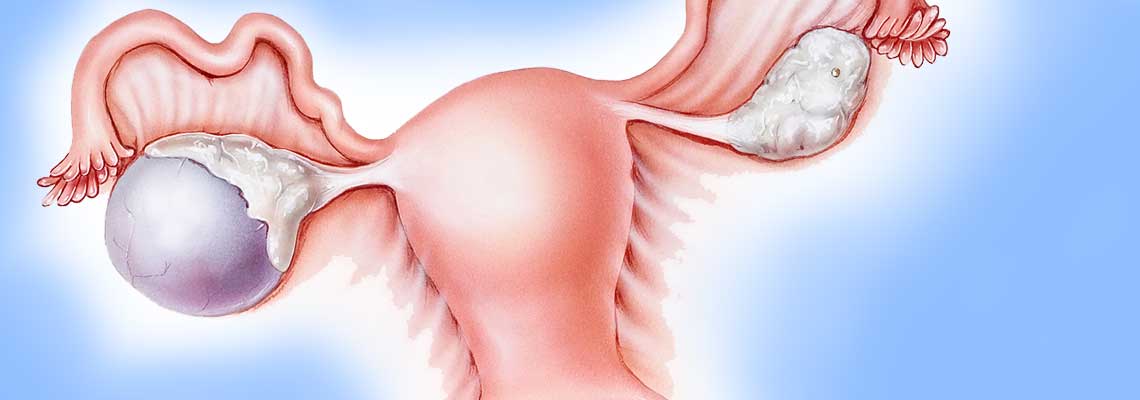Premature ovarian failure is a condition that affects one out of every 1,000 females who are between 25 and 29. Additionally, the condition affects one out of every 1,000 females between 20 and 39.
Many women in the world experience a random early cessation of their menstrual period. The absence of the period may come on quickly, or it may trickle down over a period of several months. The condition that causes the lapse of the menstrual period may be premature ovarian failure. POF is a malfunction in the woman’s ovaries, which are responsible for egg housing and release.
Menopause, or cessation of the menstrual period, is not supposed to occur until a woman is 50 years of age or older. It occurs when the ovary supply depletes from the woman’s system. The symptoms of POF are similar to those of menopause although they are not the same condition. Some of the most common symptoms of POF are hot flashes, mood swings, irritability and vaginal dryness.
Who Gets POF?
What happens in a case of premature ovarian failure can happen to any woman who is of the specified ages. Research has not concluded that any specific type of women get POF more than others do. The situation just simply occurs. Instead of releasing eggs until the age of 50 years old or beyond, the female stops long before then. Specialists have a few conclusions as to why the problem occurs. A missing segment of an X chromosome may cause the woman to have this problem.
What Are the Causes?
Premature ovary failure can have many causes but some of the most common are genetic conditions and enzyme defects, chemotherapy and surgical ovary removal. Some of the conditions and defects that can contribute to menstrual cessation are Turner syndrome, galactosemia, thalassemia and Swyer syndrome. Before treatment can start, the patient has to first have some testing done so that the specialist can try to pinpoint the cause. Testing may include thyroid examinations, ovarian biopsy, chromosome study, a complete blood count and more. An ovarian antibody test may be necessary, as well.
Treatment for POF
POF does not have to be a permanent situation. Unlike menopause, POF can be shortened or cured completely. Depending on the severity of the POF, several treatment options are available. An affected person and the doctor can choose the appropriate treatment option based on the test results. Treatment procedures may include estrogen replacement therapy, thyroid medication, steroid therapy and in vitro fertilization if the woman desires to have children. The diagnosis will help the specialist decide what the appropriate course of action is to take in this situation.
How to Prevent POF
Staying healthy is the best way to prevent POF. That means exercising regularly, taking the right amount of supplements, eating full meals, staying hydrated and visiting a gynecologist regularly. A woman who suspects that she may be suffering from POF should contact a specialist and make an appointment immediately to start having the necessary tests run.




